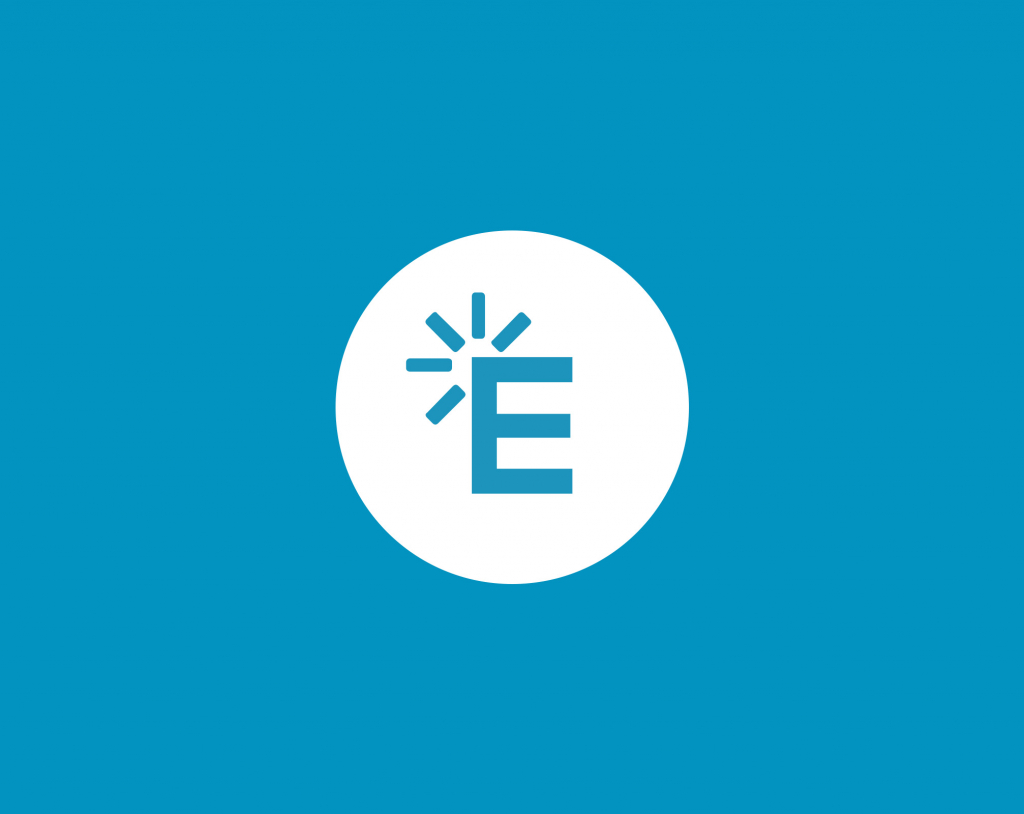What is a patient longitudinal record?

The Longitudinal Record is a single complete patient record that combines data from a variety of sources throughout the healthcare system. Using complete patient matching logic wrapped in a permission management paradigm, it is supposed to be one record per patient.
For the primary care physician, each patient visit usually focuses on a single reason for the encounter. The patient may be undergoing an annual physical exam or may have an injury or illness that needs to be treated. The provider typically sees the patient for that particular reason, charts the visit notes, and then goes on to the next patient.
These encounter-based patient records have served their purpose, but new technology is available that offers independent physicians a comprehensive, longitudinal record of the patient’s health experiences.
A longitudinal record, as described by Harris R. Stutman, MD, the Executive Director of Clinical Informatics at MemorialCare Health System in Fountain Valley, Calif., is essentially a “clinical summary of a patient-based clinical experience.” Such a comprehensive patient record contributes to a key goal of electronic health record (EHR) implementation, allowing for “longitudinal, population-based reporting, which can be used for evaluating and optimizing the care delivered and the process by which it is delivered.”
Elation Health’s co-founders Kyna and Conan Fong emphasize that by providing independent physicians with the complete medical profile of a patient, in the form of an electronic, accessible longitudinal record, “we capture the complete history and story of the patient, and … we enable providers to act upon that information.”
The longitudinal record available in an EHR enables independent physicians to trend labs and vitals over multiple encounters for a more holistic and longitudinal overview of their patient’s health. Providers can receive searchable electronic results, with flagged abnormal values, directly in the patient chart.
As Dr. Stutman emphasizes, the move toward longitudinal records is key to understanding a patient’s complete medical picture. He states that “episodic approaches don’t provide the breadth of data necessary for an evidence-based approach to quality care.” Access to and use of longitudinal records is particularly important for patients with chronic conditions, as the independent physician can quickly access important clinical data to help manage chronic conditions and easily schedule follow-up appointments to address any potential gaps in care.
Experience Efficient Charting with Elation Health
See how Elation Health's patient charts provide a comprehensive patient view and streamline your charting process.






